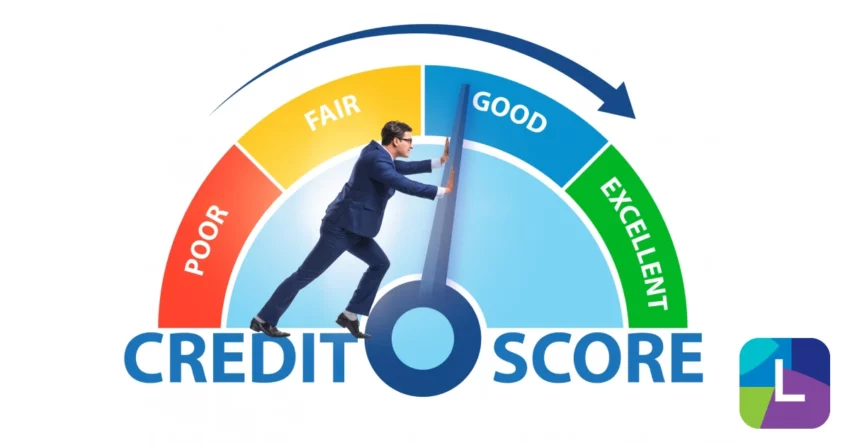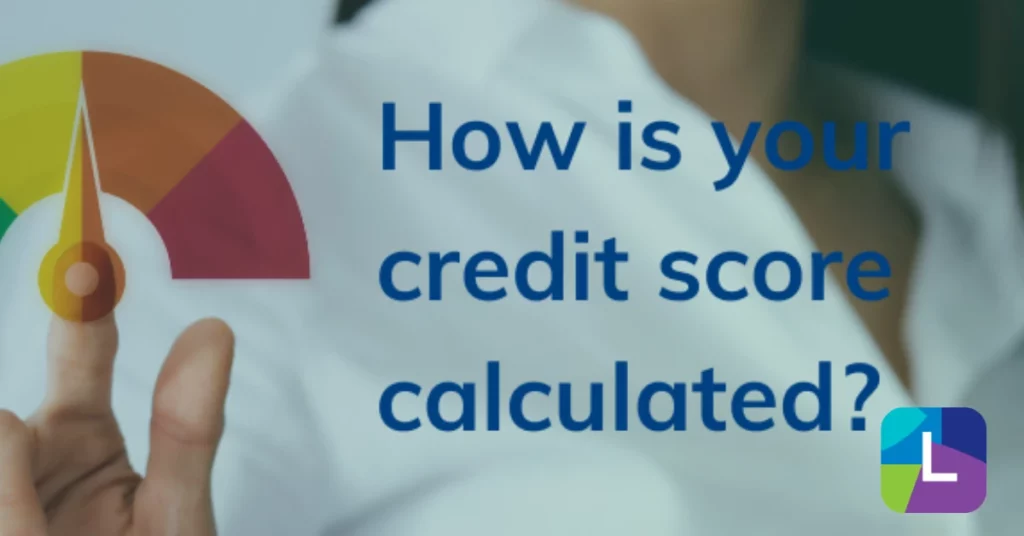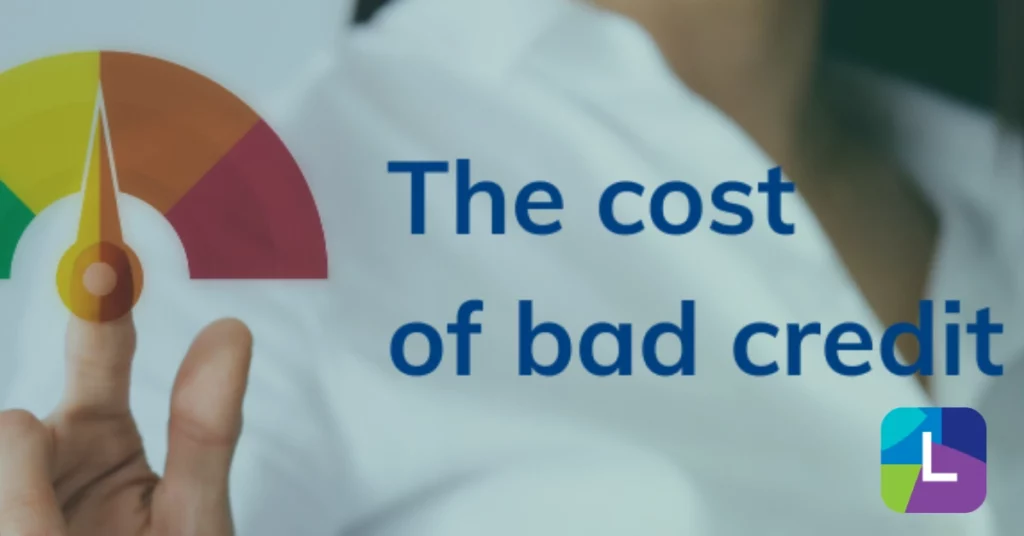6 Ways To Improve Your Credit Score
Whether you have little to no credit history, think your credit score is too low, or think it is just not as high as it could be, don’t panic! There are a few ways that you can improve your credit score, and although none of them will immediately and miraculously boost your score, they will help you a great deal over time.
“If you don’t take good care of your credit, then your credit won’t take good care of you“
Tyler Gregory
Do You Need A Credit Score
Technically, you can live your life without needing a credit report. But sooner or later, you’ll have bills in your name which in turn creates a credit report against your name. A credit score is a report institutions and companies will require to determine how financially responsible you are in meeting your financial obligations.
In the UK, there are three main credit agencies which will gather your data. These are Equifax, Experian and TransUnion (previously known as CallCredit). To calculate your score, these agencies keep track of your bills, debt, and repayments and compile a report. It’s also worth noting that student loans from the four UK governments are not part of the reporting process. The report will give you an explanation of how your score is calculated.
A good credit score means you are more likely to be approved for loans such as mortgages and credit cards. While a bad credit means you may even be rejected for a mobile phone plan.
Can Social Media Affect Your Credit Score?
Your social media account is another means for agencies to determine your financial responsibilities. Young adults may not have time to build a credit report, therefore agencies such as Friendly Score will use social media as one of the many metrics to assess your score. Social media is another good way for agencies to see your job history, education and data about your personal and professional lifestyle. If you are one to party every weekend, you are more likely to be rejected. But if you are one to keep a normal profile, you will be seen as more responsible. To be safe, set your accounts to private.
There are simple ways in which you can improve your credit score, here are a few tips:
How To Improve Your Credit Score Rating
Register On Your Local Electoral Vote
Once you turn 18 in the UK, you are automatically eligible to vote in all elections. But you may not be automatically registered on the register. If you receive a letter for the local elections and your name is not present, make sure you register online. The electoral roll is one of the most common and easy ways that creditors and lenders can verify your identity, taking you one step closer to showing them you are a credible candidate for credit whilst giving you positive points on your report.
Have A Good Debt-to-Credit Ratio
Your debt-to-credit ratio, or credit card utilisation rate, looks at your total credit card balance as a percentage of your total credit limit, across all open credit card accounts. For example, if your combined credit card limit is £10,000 and the total credit card balance you roughly owe each month is £1,000, your credit utilisation is 10%.
The lower this number is the better, as it showcases that you aren’t completely reliant upon this credit to pay for your utilities and bills and are more likely to be able to repay it each month. Most companies prefer for your debt-to-credit ratio to be below 30% so keep an eye on how much credit you spend each month compared to how much is available to you.
Avoid Late Payments
If you have any open credit accounts or lines of credit, try your hardest to avoid making any late payments, at all costs. Late payments count as a negative mark or derogatory item on your credit report. Each mark against you tells lenders and creditors that you are a risk for them to lend credibility to.
Your payment history makes up a large part of determining your credit score. In most credit scoring models, data is taken into account so be wary of having any late payments. If you have been late with payments in the past, it is never too late to fix this! Try to set a reminder each month to help you repay on time. Or earlier than the due date if possible. Making payments early doesn’t cancel out late payments but it does help a lot.
Don’t Make Too Many Hard Inquiries
Hard inquiries (hard pulls) are when official lenders or creditors like banks or credit card companies check your credit score and credit report, usually, because you are applying for credit or a loan and they are seeing if you are a reliable or risky candidate. Having too many hard inquiries over a short period of time can negatively impact your credit score as it suggests to lenders that you not only tried to apply for credit urgently during that time but that you were unsuccessful that many times and therefore were considered a bad candidate. These hard pulls generally stay on your report for 12 months, but some may last up to 24 months. Oppositely, soft inquiries (soft pulls) do not show up on your report.
The only time that is acceptable to have many hard inquiries on your report, is if you were looking for a very specific loan, such as a new auto loan or a mortgage loan, and were trying to compare and figure out the best loan terms for you. In this case, even though every inquiry will show on your credit report, only one of the inquiries within that period (usually 14-45 days depending on the company and its credit scoring model) will count towards your credit score.
Credit Score Apps
There are a few apps available designed to help you improve your credit rating. Some of these apps give you tips on how to improve your score. Additionally, others set personalised goals for you to reach. Some apps may even offer boosts as well which can help raise your score. Visit our blog on The Best Apps To Improve Your Credit Score for more information.
Try to Avoid IVAs
An individual voluntary agreement (IVA) is essentially a legally binding document between you and your creditors. IVAs detail how you are going to pay back your debts over a set period of time, set up by and overseen for the duration by a qualified third party such as a lawyer or accountant (to who you will often have to pay high fees), and approved by the court.
Details of the IVA are kept on a public register called the individual insolvency register, which also displays bankruptcies and debt relief orders, and this is usually kept on your credit file for 6 years after the IVA’s start date. Many people find it difficult to obtain credit after going into an IVA so keep that in mind if you think you will need more credit in the next 6 years.
A Couple More Dos
- Avoid getting into altercations with people where you could end up with a county court judgement (CCJ). A CCJ is an official letter from the court telling you that you owe money to someone who has decided to take legal action against you, usually as a consequence of you not responding to the first legal action. If you do end up with a CCJ, pay it within 1 month to have it removed from your credit file. But be aware that it will impact your score regardless of this.
- Don’t ignore any errors or mistakes on your credit report that you see. Make sure you take it up and report it to your company as soon as you spot it so that they can correct this as soon as possible and ensure that you don’t have an incorrect credit score.
Are you thinking about pursuing a master’s at a top UK university? Make your dream come true by seizing this opportunity to either take your career to the next level or tick off a personal interest. *Apply online and we’ll support you on your path to success.
Representative Example: Assumed borrowing of £30,825 over 120 months at 12.73% APR representative. Monthly cost of £509.26. Total amount repayable of £61,199.65. Interest rate of 11.62% p.a.(fixed) and total fees of £925.00. Available for loan amounts between £5,000 – £100,000.
(Representative Example date: October 2024)
*Credit is subject to status and loan approval is not guaranteed. Over 18’s only. Terms and conditions apply.
If for whatever reason you are struggling to pay your current debts, if you are very behind on payments or have missed payments, please do not try to fix it by borrowing more money. This will create a bigger cycle of debt that will eventually overwhelm or bankrupt you. Please seek help from a free debt advice charity that can assist you with the best way to come out of your specific situation and work towards improving your credit score for the future.




